The views expressed in our content reflect individual perspectives and do not represent the authoritative views of the Baha'i Faith.
It is evident that under present systems and conditions of government the poor are subject to the greatest need and distress while others more fortunate live in luxury and plenty far beyond their actual necessities. This inequality of portion and privilege is one of the deep and vital problems of human society. – Abdu’l-Baha, The Promulgation of Universal Peace, p. 108.
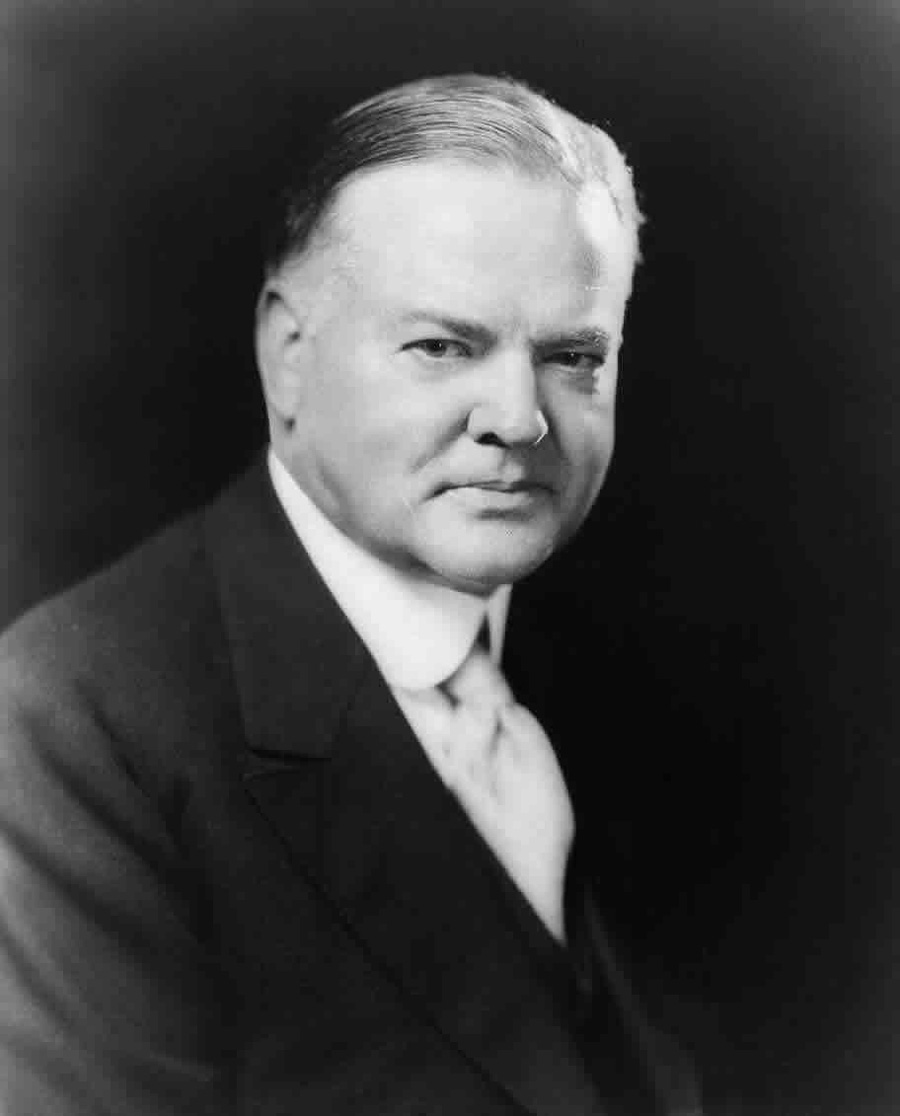
President Herbert Hoover
I grew up in a poor family. We lived in a ramshackle neighborhood named Hooverville when I was a small child, and I only learned much later that the name came from the American Depression in the 1930s, when homeless people called their shanty towns “Hooverville” to blame President Herbert Hoover for the failed economy and their poverty.
But as a child, I really had very little actual conception of what it meant to be poor—because everyone I knew was poor. My entire neighborhood suffered from the same tough circumstances. The kids I played with didn’t have enough food or clothes, either. All of their families struggled just to get by. We had no television or internet, so we really had nothing to compare our poverty to, no wealthy analogue to measure it against.
As I grew up, though, I gradually began to realize the difference between wealth and poverty; and I began to wonder about the deep economic inequalities in my society. Why did one family drive a Cadillac, and another family have to walk? Why did my friend Jon almost die at home from a ruptured appendix, when other kids simply went to the hospital to have theirs removed? Why did I only own two pairs of pants, while some of the other kids at school obviously owned dozens?
Of course, things have changed dramatically since then. Most people now have access to a much wider view of the world. Poor people all over the planet now understand exactly how poor they are, because they have a basis for comparison they can see every day in almost every form of media. The wealthy, who used to conceal the extent of their wealth out of a sense of societal obligation or noblesse oblige, now sometimes flaunt it outrageously.
So today we have a newly-developed and more finely-honed knowledge of the great gap between the poor and the wealthy; and we increasingly see that gap as a major societal problem.
The World Happiness Report recently issued its latest findings, which concluded that the growing sense of inequality among the world’s cultures has become one of the greatest barriers to human happiness:
…well-being inequality is estimated to have a stronger negative impact of life evaluations than does the inequality of income.
The 10 countries with the largest increases in well-being inequality have all been undergoing significant political, social and economic difficulties. – World Happiness Report 2016
The burgeoning awareness of inequality in our societies causes a growing gap in the levels of happiness in many different regions of the world. In cultures and nations where major disparities of wealth exist, the Report tended to find larger gaps between the relatively happy and the very unhappy—a serious predictor of potential future societal unrest. This does not just mean that only the poor in any given society are unhappy—it means everyone is:
…inequality of well-being provides a better measure of the distribution of welfare than is provided by income and wealth, new research suggests that people are significantly happier living in societies where there is less inequality of happiness. – Ibid.
So, the Report suggests, people are much happier in more equitable, balanced and fair societies, no matter what their level of material wealth. The Baha’i teachings agree:
The primary purpose, the basic objective, in laying down powerful laws and setting up great principles and institutions dealing with every aspect of civilization, is human happiness; and human happiness consists… in securing the peace and well-being of every individual member, high and low alike, of the human race; and the supreme agencies for accomplishing these two objectives are the excellent qualities with which humanity has been endowed. – Abdu’l-Baha, The Secret of Divine Civilization, p. 60.
We ask God to endow human souls with justice so that they may be fair, and may strive to provide for the comfort of all, that each member of humanity may pass his life in the utmost comfort and welfare. Then this material world will become the very paradise of the Kingdom, this elemental earth will be in a heavenly state and all the servants of God will live in the utmost joy, happiness and gladness. We must all strive and concentrate all our thoughts in order that such happiness may accrue to the world of humanity. – Abdu’l-Baha, Foundations of World Unity, p. 43.
The World Happiness Report findings show exactly the same conclusions:
There are arguments both ethical and empirical suggesting that humans are or at least ought to be happier to live where there is more equality of opportunities and generally of outcomes as well. Beyond such direct links between inequality and subjective well-being, income inequalities have been argued to be responsible for damage to other key supports for well-being, including social trust, safety, good governance, and both the average quality of and equal access to health and education, – important, in turn, as supports for future generations to have more equal opportunities.
We are all better off, the Baha’i teachings and the World Happiness Report agree, when we live in societies that offer equal opportunities to all.
Next: Can Marriage Make You Happy?


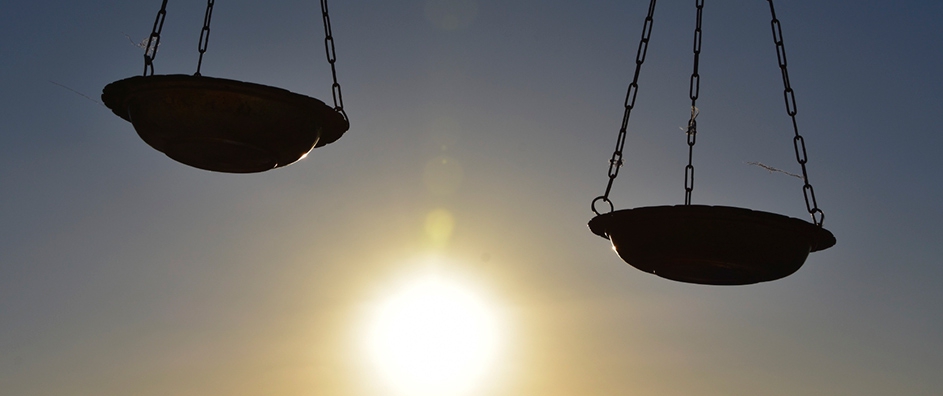

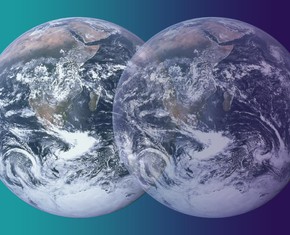
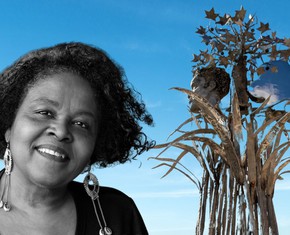
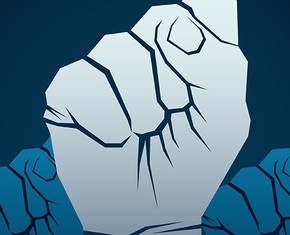









Comments
Sign in or create an account
Continue with Googleor